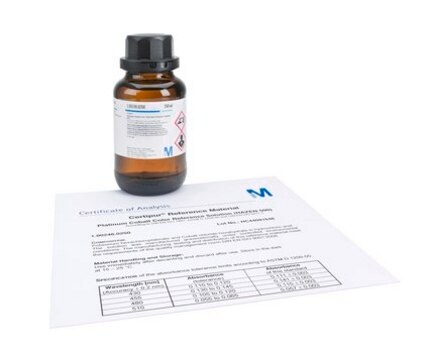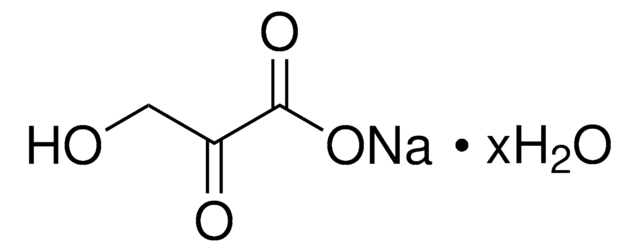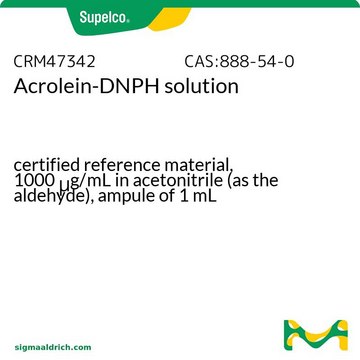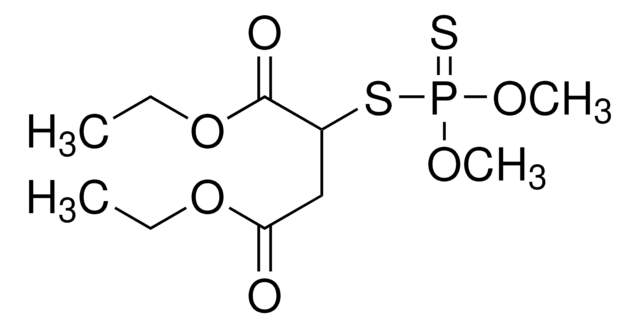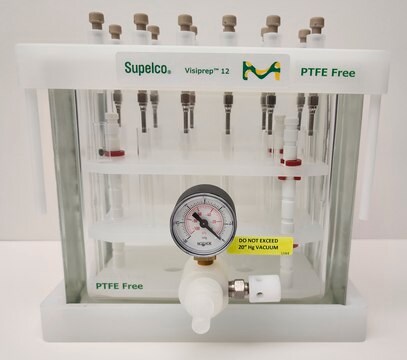35589
PCB No 7
analytical standard
Synonym(s):
2,4-Dichlorobiphenyl, 2,4-PCB
About This Item
Recommended Products
grade
analytical standard
Quality Level
shelf life
limited shelf life, expiry date on the label
technique(s)
HPLC: suitable
gas chromatography (GC): suitable
application(s)
environmental
format
neat
SMILES string
Clc1ccc(c(Cl)c1)-c2ccccc2
InChI
1S/C12H8Cl2/c13-10-6-7-11(12(14)8-10)9-4-2-1-3-5-9/h1-8H
InChI key
WEJZHZJJXPXXMU-UHFFFAOYSA-N
Looking for similar products? Visit Product Comparison Guide
General description
Application
Signal Word
Warning
Hazard Statements
Precautionary Statements
Hazard Classifications
Aquatic Acute 1 - Aquatic Chronic 1 - STOT RE 2
Storage Class Code
10 - Combustible liquids
WGK
WGK 3
Flash Point(F)
Not applicable
Flash Point(C)
Not applicable
Choose from one of the most recent versions:
Certificates of Analysis (COA)
Don't see the Right Version?
If you require a particular version, you can look up a specific certificate by the Lot or Batch number.
Already Own This Product?
Find documentation for the products that you have recently purchased in the Document Library.
Our team of scientists has experience in all areas of research including Life Science, Material Science, Chemical Synthesis, Chromatography, Analytical and many others.
Contact Technical Service
